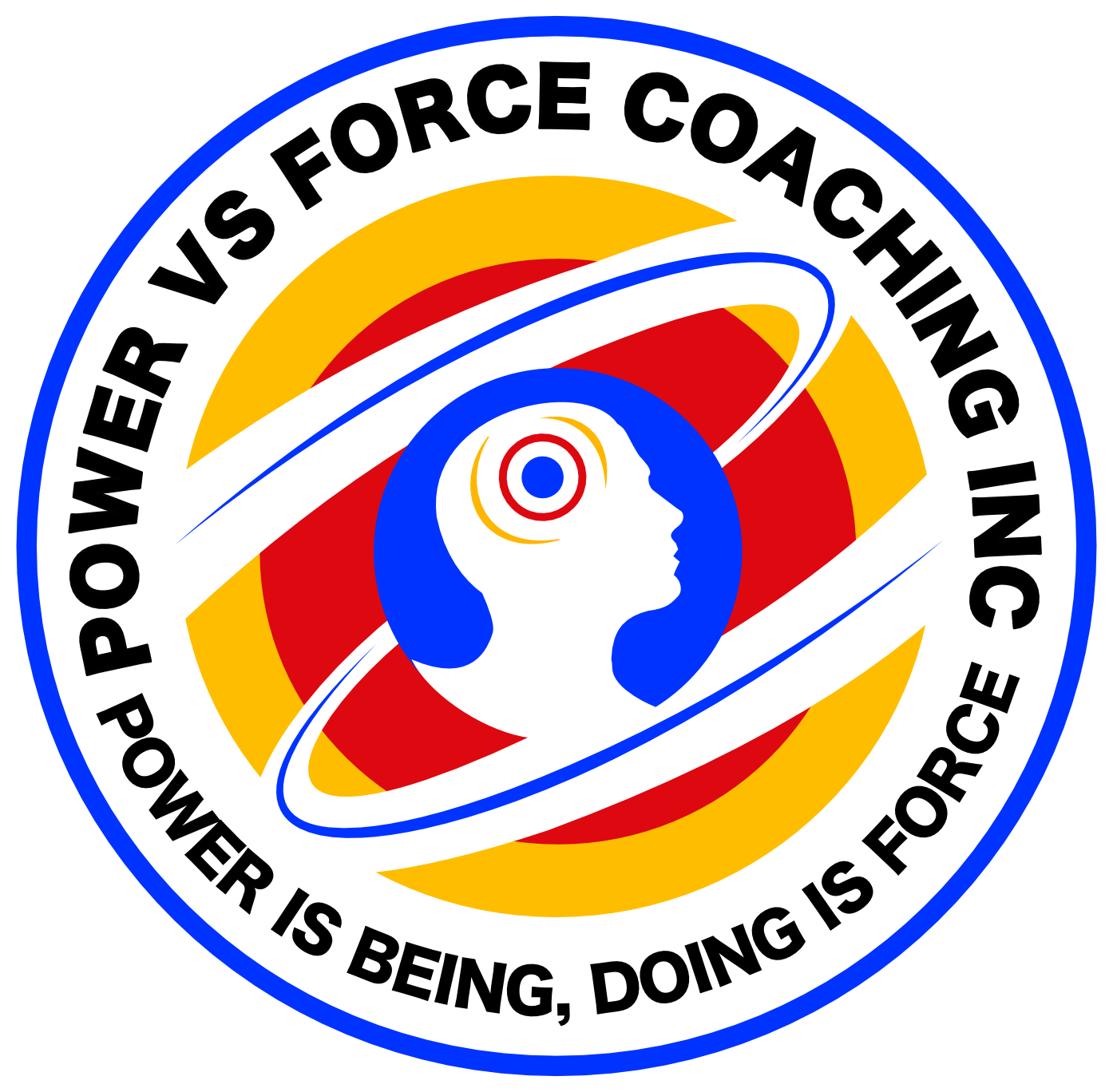“Victory is in having done your best. If you’ve done your best, you’ve won.” – Billy Bowerman
As a COR.E Performance Dynamics Specialist, I understand how crucial mental resilience is in the realm of competitive sports, particularly for young athletes. This is especially true in the fast- paced, high-intensity, what have you done for me lately? world of youth hockey. One of the most challenging aspects for hockey parents is discussing the concepts of winning and losing with their children. This can shape their mental resilience, relationship with the sport, and overall enjoyment. Here is how to navigate this critical conversation.
Step 1: Emphasize the Value of Effort over Outcome
The first thing to instruct your child is that effort is far more important than the outcome of a game. Winning feels great, of course, but losing should not eclipse the effort your child put into the game.
Make sure to praise your child’s effort, dedication, and improvement after every game, irrespective of the result. This will reinforce their understanding that, in hockey and life, consistent effort and a good attitude are what truly matter.
Step 2: Encourage a Growth Mindset
The concept of a ‘growth mindset,’ developed by psychologist Carol Dweck, emphasizes learning and growth through challenges, effort, and failure. Teach your child to see each game—win or lose—as a learning experience. Every loss can provide valuable lessons and opportunities for growth, just like every win can.
Step 3: Healthy Acceptance of Failure
Failure is a part of sports, and it is a part of life. It is essential to explain this to your child, helping them understand that everyone fails and makes errors at times. Even the best professional hockey players in the world have lost games and made errors on the ice. What is important is what we learn from these experiences and how we use them to improve.
Step 4: Help Your Child Set Personal Goals
Wins and losses can feel like they are beyond a player’s control. However, setting and striving for personal goals is something your child can control. Whether it is improving their skating speed, mastering a new technique, or becoming a better team player, personal goals can shift the focus from winning and losing to personal development and achievement.
Step 5: Teach Sportsmanship and Respect
Finally, instill the values of sportsmanship and respect in your child. Teach them to congratulate the opposition when they lose and to be humble and gracious when they win. Fostering a sense of respect for all players, referees, and coaches—regardless of the outcome of the game—is an invaluable lesson for children in sports.
The reality is that our children will win some hockey games and lose others. By approaching the topics of winning and losing from these angles, you can help your child build mental resilience, foster a love for the sport, and develop skills that will serve them well beyond the ice rink.
Remember, as a parent and the primary influencer in your child’s life, your attitude towards winning and losing will significantly impact how they perceive these experiences. Model the attitudes and behaviors you want your child to adopt, and you will set them up for success in hockey and life.





